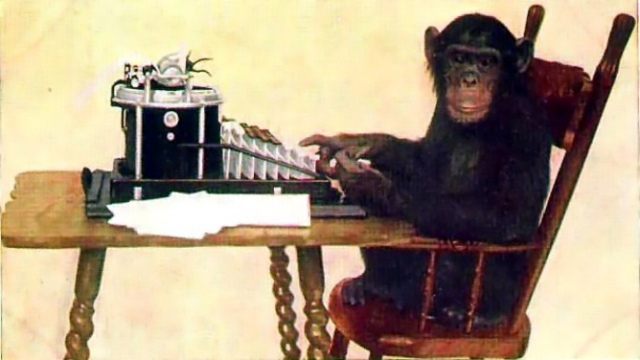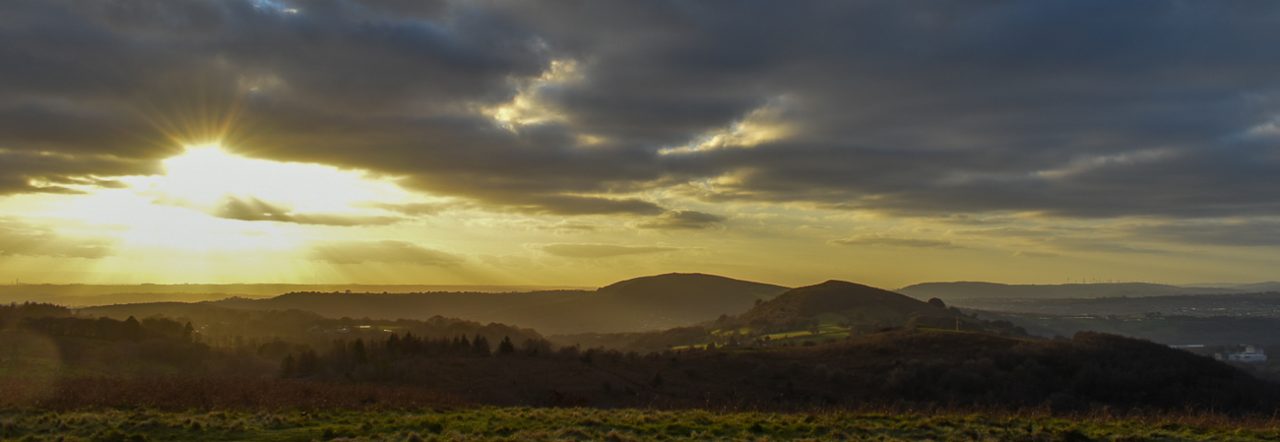
Much to my surprise, I finished the first draft of the current WIP, yesterday. This science fiction novel set on Mars currently has no title, other than ‘the Mars book’, which, let’s face it, isn’t exactly inspiring!
Why was I surprised? I write as a pantster, so I don’t work to a plot, merely a very, very vague framework, which is frequently modified as I write. I was expecting to have another few thousand words before I concluded. But my characters demanded the story must end at 60,249 words. That’s pretty short for a novel for me. No doubt I’ll take some words out and add some more in during the extensive rewrite that inevitably follows that first draft. That all happens before I even consider the editing process. The story retains its overall shape but invariably the route takes different turns and twists before the journey ends.
I enjoy this aspect of the work as much as the first creative stage. It’s a method of working many writers find odd and even difficult, but it works for me. I begin with a premise, invent my core of primary characters and get to know them well, developing histories, personality traits, physical features and political/social attitudes for each so I know them well.
As a visually-based individual (I was a photographer, and my mother was a painter), I need a picture of each character to begin my journey with them. I collect these from the internet and hold an extensive range collected over years. They’re organised by gender, racial type, age range, and hair colour, which may seem a frivolous subdivision, but it helps me keep manageable numbers when searching for the next character to build.
Once I have my actors, I settle on a location. This may be real or, in fantasy, an invented world. For science fiction, I have to endow my location with imagination combined with research. So I’ve spent a fair amount of time learning about Mars, and space travel.
I then place my characters into the setting(s) and place a barrier to their ambitions. Tension builds and the story develops along lines dictated by the way characters react to their situation and each other. It’s a fascinating way to write a story and ensures I remain as engaged as I hope readers will become. But it has its downside. That first draft is really a fairly extended type of synopsis. It has all the bones in place, and most of the vital organs. But it still needs to be fully fleshed out. That happens in the rewrite, when I add descriptions, new events, essential facts I was unaware of during the heat of creation, and even either give birth to or kill off certain characters.
At the end of that phase, I begin editing. I revisit each chapter and check for inconsistencies in the story, ensure the right voice is evident (it’s easy to make all character sound the same in that first flush of creative excitement), and remove extraneous passages that have crept into the narrative. I then go through the whole book, ensuring each word selected is the best for the job it’s doing. At this stage I arm myself with the various thesauruses that normally sleep on the shelf behind me. Often, I don’t actually need to look up an alternative, but manage to retrieve one from the dark depths of the void I laughingly call my brain. But the books form a safety net for those frustrating instances when that right word simply refuses to wander into sight.
Then I pass each chapter to my brilliant, observant, perspicacious wife, Valerie, who reads them with pencil in hand and marks her observations, considerations and opinions. She has a superb memory and will point out silly little things like the fact that I can’t have Fred do this in chapter 8 because I killed him off in chapter 3. As if such details matter!
Finally, I feed the whole thing through an automated editing program. I use ProWritingAid, but there are many others available. And then off it goes to my publisher. Dan Grubb, who owns Fantastic Books Publishing, keeps a coterie of trained editors locked in the basement of his rural home, where their cries of protest at their imprisonment can’t be heard by passers-by, because the house is so isolated it’s virtually impossible to find! The cover designers escape this torture by insisting they remain free.
At the end of this convoluted process, a book is published. Sometimes, if we’re really lucky, readers discover it. Some even buy it. A few might read it. One in a hundred readers might write a review. Such are the rewards of our labours.
One of my writer friends recently posted a piece about some scientists who had concluded that writers suffer from mental illness. He was disagreeing. But I’m sure they’re right. I mean, in what other field of activity do men and women sit in closed rooms conversing with imaginary friends, pretending they’re somewhere other than the converted broom cupboard they use as a refuge? What other professionals spend relentless hours staring at a screen (or, in the case of the technically challenged, a piece of paper) whilst they damage their wrists by pounding a keyboard and give themselves backache due to long periods of uninterrupted seating in unsuitable chairs? And, after these hours, days, weeks, months, and sometimes years, of dedicated labour, we discover no one has a clue who we are, no one has ever heard of our work and no one buys the fruits of our endeavours. See? We must be mad. No question. But will that stop me? No way!
If you’d like to see the fruits of my labour on the current WIP, by all means keep track of my activities by signing up to follow the blog by email. There’s a simple form at the top right of the page. Neither I nor WordPress will share your email with others, so you’ll simply get an email each time I produce a post, and you can then decide whether or not to read that. Simple, eh?



Congratulations, Stuart. I am also a pantser – after writing scientific manuscripts for a lifetime, I rebelled. Love to just let the creative juices flow unfettered. Your editing part seems streamlined and I’m jealous – currently on my third edit.
LikeLiked by 1 person
Oh, the editing is fairly open-ended. It all depends on what I find and what I have to do to complete it during the process. The pattern shown above is the ‘ideal’ rather than the inevitable. And, bear in mind, I effectively rewrite the book during the first edit. But I enjoy the process, so it’s not a trial for me. And I enjoy the final phase, searching for exactly the right word or phrase.
Enjoy your writing.
LikeLike
Congratulations and happy editing!
LikeLiked by 1 person
I know it’s unusual, Meg, but I actually enjoy the editing process as part of the creative phase.
LikeLiked by 1 person
I like it, too. At least the first couple of times I run through it. I sometimes enjoy rethinking sections of my narrative. I make myself stop after a few self edits, though. Lest I make myself crazy! 🙂
LikeLiked by 1 person
Let the editing commence! Really looking forward to seeing this one Stuart, and thanks for the name check 🙂
Dan
LikeLiked by 1 person
I’m letting it stew for a week or two before I go back to it, Dan. Doing a bit more research on various technical issues before I tweak those elements. You’ll see it before anyone else, though!
LikeLike
loved this piece, Stuart! May I share it on my blog, in my Writer’s Kitchen?
LikeLiked by 1 person
Please do, Joan, and let me have the link, so I can spread the word.
LikeLike
Now for the hard part 😉
LikeLiked by 1 person